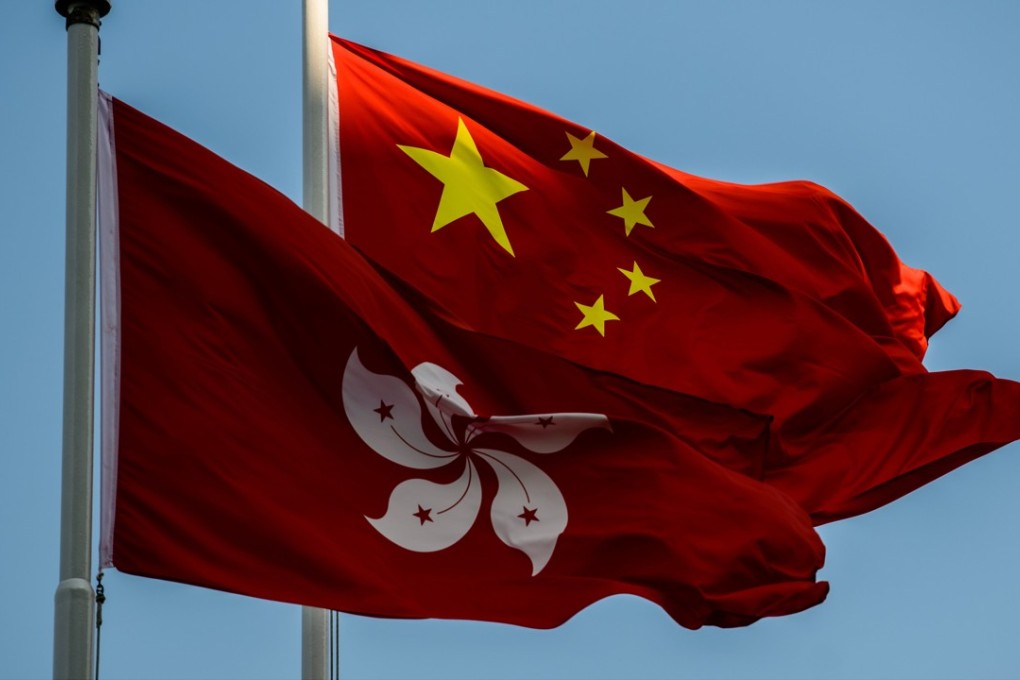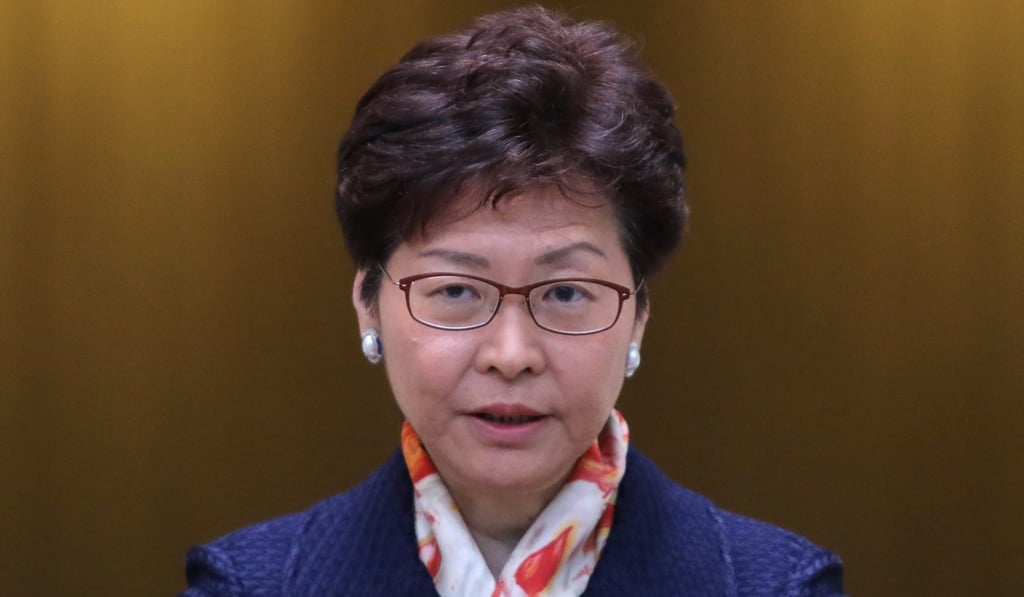No timetable on national security law, Hong Kong leader insists, but officials working to create ‘favourable conditions’
Carrie Lam dismisses speculation government aims to pass legislation next year, saying confidence in central and local governments is needed

Hong Kong’s leader on Tuesday said the city was still not ready for national security legislation, even though Beijing officials have recently been ramping up reminders that laws against offences such as treason and sedition are overdue to tackle independence advocacy.
Hong Kong is ‘only place in the world without national security law’, liaison office chief says
Wang’s words were widely interpreted as a call for Lam to enact the legislation before her current term ends in 2022.

Asked to comment on media reports suggesting she would aim to pass the law next year, Lam said: “The reference to next year is total speculation … I do not have the full [information] yet on whether [the right environment] will emerge next year.”